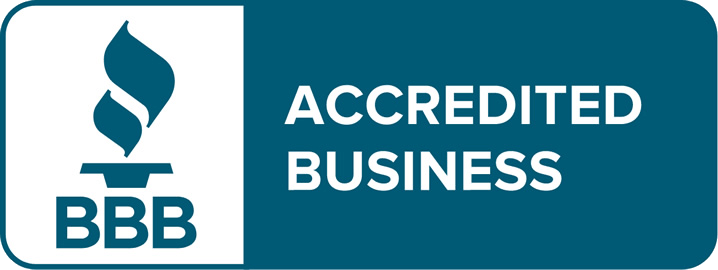IRS LIEN
If you have received notification of a federal tax lien against your business, it shouldn’t be taken lightly. Countless businesses have faced this problem. Thankfully, though, there are solutions readily available. The most important thing you can do as a first step is to get familiar with what a federal tax lien is, why it happens and how you can deal with it.
WHAT IS A FEDERAL TAX LIEN?
A federal tax lien is the government’s legal claim against your business assets. The IRS will file a lien, and this happens as a result of tax debt not being paid.
Think of a tax lien as a big stamp that reads, “Property of the IRS.” It is the method that the IRS uses to notify the public that it now has a right to your property. Liens are issued by the IRS and filed with the local Public Recorder’s office. They are a public record so that you or anyone else can locate a filing.
By filing a lien, the IRS is marking your business assets – bank accounts, building, land, etc. – so that if you sell any of these, the IRS is in line to collect the proceeds of the sale.
WHAT A FEDERAL TAX LIEN IS NOT
They are not the IRS’ way of actually taking anything from you. A lien doesn’t mean the IRS has taken your business’s assets. That is an IRS levy: an enforced collection action by the IRS.
Read more about IRS levies here.
WHY DID THIS HAPPEN?
If you owe back taxes for a period of time and are unable to pay in full, it’s very likely that a tax lien will be filed against your Federal Employment Identification Number (EIN) or Social Security Number (SSN), depending on how your business is structured. There are certain limiting thresholds and case-specific circumstances that may affect when a tax lien will be filed, but you should know that when it is filed, it will greatly affect your ability to obtain business credit and makes your tax debt situation public.
WHAT CAN YOU DO?
Beginning in 2011, the IRS began implementing “Fresh Start” programs to help alleviate some of the collection pressure that taxpayers were more commonly experiencing as a result of the economic downturn. Some of these programs have allowed for lien withdrawals or even instructions to the IRS to not file the liens in the first place. However, there are specific criteria that each case must meet to receive these benefits from the IRS.
Being aware of the possible solutions is the first step to resolving your issue. If you would like to learn more about how to release a tax lien, one of the most popular resolution methods available, download our free guide.
If you are ready to begin working toward a resolution, you can speak with a tax expert about your situation.
It’s best to try to avoid a tax lien regardless of the amount of tax debt your business has. There are procedures such as appeals or certain resolutions that could stop the lien from being filed. However, if a lien has been filed it’s important to act quickly to avoid further damage to your business.
Dealing with this issue should be your top priority. Now is the time to resolve your tax problem and get back to doing what you do best – running your business.
Connect with a tax expert about your tax lien situation.


